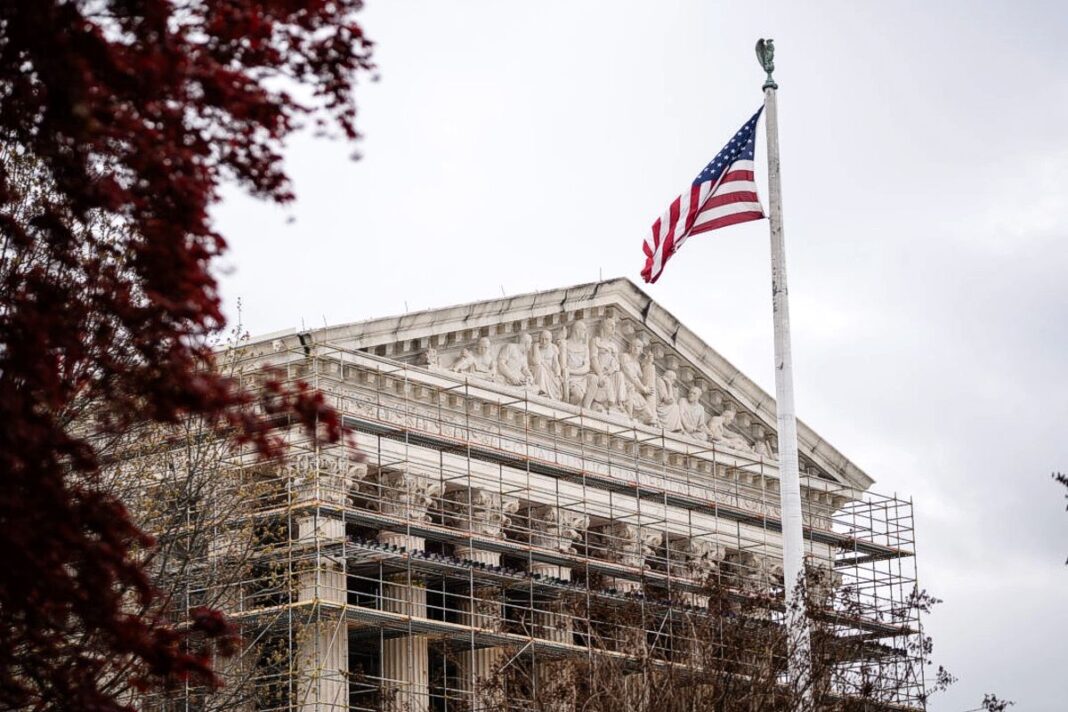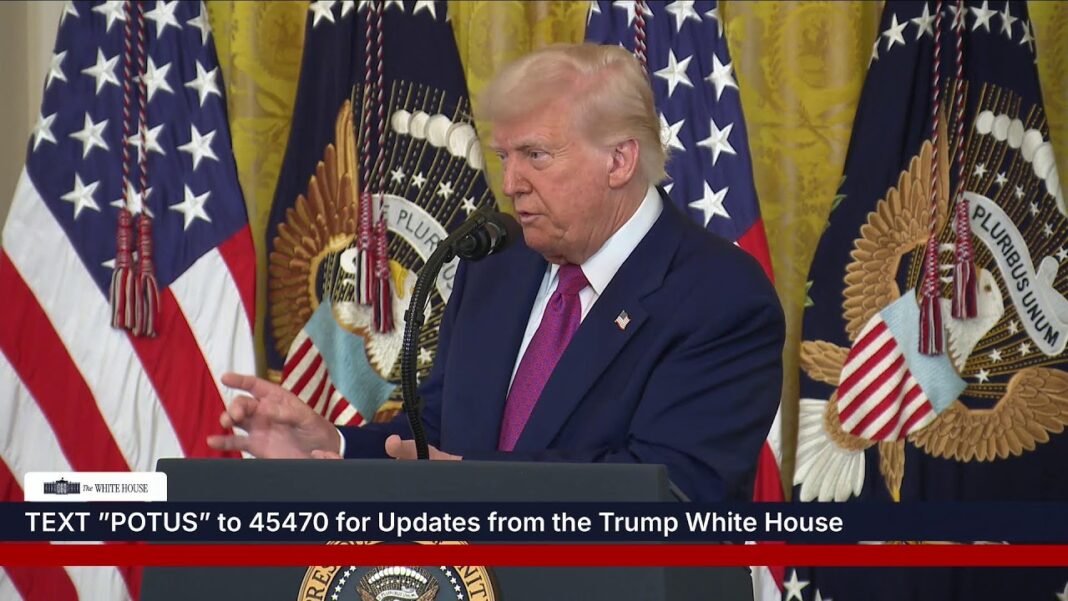At issue is a 2017 FBI raid on the wrong family’s home and whether the government is shielded from liability in such a circumstance.
The U.S. Supreme Court on Thursday revived a lawsuit that was filed by an Atlanta family whose home was wrongly raided by the FBI, meaning they will get another chance in court.
The high court, in a unanimous ruling authored by Justice Neil Gorsuch, said that there is not an “obvious” answer on whether a homeowner can sue the government after federal officers raid the wrong home, cause property damage, and assault innocent occupants.
“All agree that the Federal Tort Claims Act (FTCA) permits some suits for wrong-house raids,” wrote Gorsuch. “But the scope of the Act’s permission is much less clear. This case poses two questions about the Act’s application: one concerning the FTCA’s sovereign-immunity waiver, and the other touching on the defenses the United States may assert.”
Gorsuch wrote that the Federal Tort Claims Act, a federal statute that allows private parties to file lawsuits against the U.S. government in a federal court, might have waived the federal government’s right to sovereign immunity from being sued.
The predawn raid in 2017 involved an armed FBI SWAT team breaking down the front door of a home in Atlanta, setting off a flashbang grenade, and later pointing guns at a couple before realizing they were in the wrong home, according to court papers submitted in the case. The bureau had believed their home belonged to an alleged gang member.
In the incident, the FBI team quickly apologized and left for the right place, with the team leader later saying that his personal GPS device had led him to the wrong address.
Later, Trina Martin and Toi Cliatt, the couple who owned the home, filed a lawsuit against the federal government, accusing the agents of assault and battery, false arrest, and other violations. But lower courts tossed out the case, known as Martin v. United States, No. 24-362.
The 11th U.S. Circuit Court of Appeals dismissed their case, finding they couldn’t sue over what amounted to an honest mistake. The appeals court also found the lawsuit was barred under a provision of the Constitution known as the supremacy clause, which says federal laws take precedence over state laws.
The family’s lawyers appealed to the Supreme Court, arguing that Congress clearly allowed for lawsuits like theirs after a pair of similar headline-making raids on the wrong houses in 1974. The 11th Circuit was also ruling differently than other courts around the country, they said.








